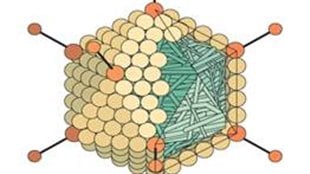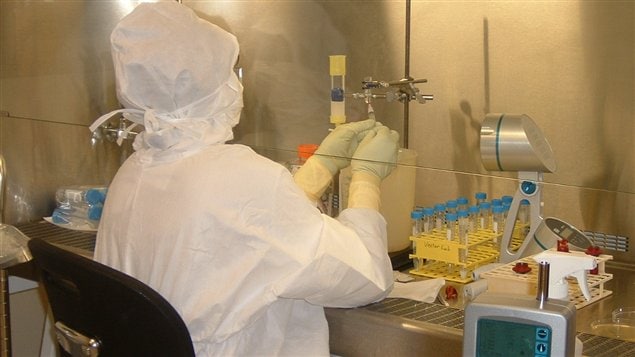A vaccine that could one day protect against tuberculosis has been developed at McMaster University in the province of Ontario. The vaccine is based on a genetically modified cold virus and has been tried on mice, guinea pigs, goats, cattle and human volunteers.
“What we’ve done with this (cold) virus is insert into it some of the parts of tuberculosis that we expect the body needs to react to if it’s going to become an effective vaccine,” said Prof. Fiona Smaill who led phase one of this clinical study.

TB a problem in Canada too
One third of the world’s population is infected with the organism that causes TB. Immigrant and aboriginal populations in Canada have a higher incidence than the general population, particularly people living in the northern territory of Nunavut. Many people with HIV are also infected.
There is a current vaccine called the BCG, but it is very limited in its effectiveness. “Although we’ve had BCG for more than 50 years and it may limit some childhood TB,” said Smaill “it doesn’t prevent adults getting TB and transmitting it.” The McMaster vaccine would reactivate immune elements that diminish in the years following a BCG vaccination.
Vaccine might be inhaled
Further clinical trials are needed to measure the vaccine’s real potential before it can be offered to the public. In its current form, it would be injected as are many vaccines. Researchers also want to experiment with a nebulizer that would deliver the vaccine directly into the lungs, where the bacteria cause severe damage.
Many researchers around the world are working on a TB vaccine. Those at McMaster say they are among the few “doing bench-to-human tuberculosis vaccine work.”
The study was published in the journal Science Translational Medicine.








For reasons beyond our control, and for an undetermined period of time, our comment section is now closed. However, our social networks remain open to your contributions.